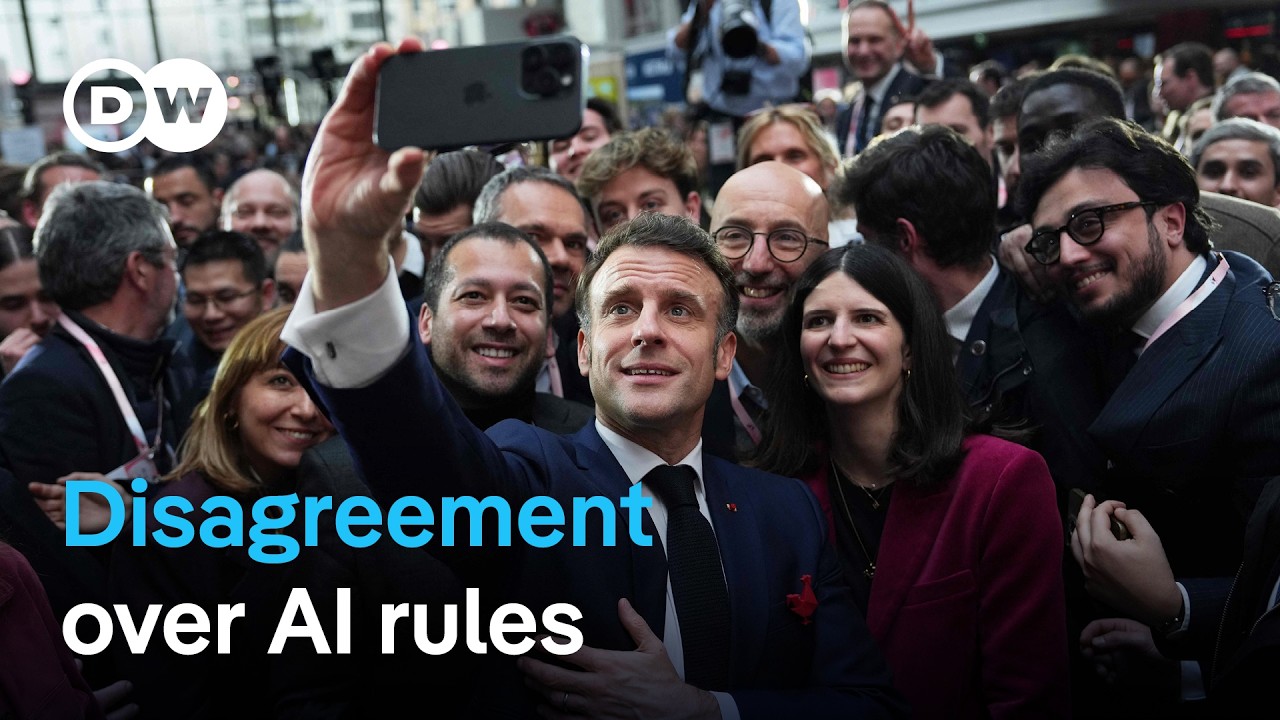The Paris AI Summit showcased the differing approaches to AI regulation between the U.S. and Europe, with the U.S. warning against overregulation that could stifle innovation, while Europe pushed for global rules. Despite the summit’s goals, the U.S. and UK declined to sign a declaration aimed at promoting ethical AI development, highlighting the challenges in achieving consensus on AI governance among major powers.
The Paris AI Summit highlighted the contrasting approaches to artificial intelligence (AI) regulation between the United States and Europe. French President Emmanuel Macron emphasized the need for global rules governing AI, while U.S. Vice President JD Vance warned that overregulation could hinder the industry’s growth. The summit served as a platform for world leaders, tech companies, and scientists to discuss the potential benefits and risks of AI, aiming to establish a unified set of standards for its development.
During the summit, UN Secretary-General Antonio Guterres pointed out the significant responsibility that comes with AI, noting that its power is currently concentrated among a few individuals and organizations. The discussions revolved around how to harness AI for societal good, such as curing diseases and addressing climate change, while also preventing its misuse by malicious actors. This dual focus on innovation and regulation underscored the complexities of managing AI’s rapid advancement.
The summit revealed a divide in AI strategies, with Europe advocating for regulation and investment, China expanding its AI capabilities through state-backed initiatives, and the U.S. maintaining a hands-off approach. Vance’s remarks served as a caution to European allies against imposing strict regulations that could stifle innovation in a sector where the U.S. holds a significant lead. The U.S. administration’s stance reflects a belief that restricting AI development could hinder economic growth and technological progress.
Despite the ambitious goals of the summit, the U.S. and the UK declined to sign the declaration that was endorsed by 61 other countries. This declaration aims to ensure that AI is developed in an open, inclusive, and ethical manner, highlighting the ongoing challenges in bridging the regulatory divide between different nations. The absence of signatures from major AI powers like the U.S. and the UK indicates the complexities of reaching a consensus on AI governance.
Clara D., an AI advisor and CEO of the Cognitive Finance Group, discussed the implications of the summit’s outcomes. She noted that while some argue against regulation, there are successful examples, such as in the fintech sector, where regulation has led to positive growth. Clara emphasized the importance of digital diplomacy in navigating the geopolitical landscape surrounding AI and the need for ongoing conversations to ensure that AI benefits society as a whole.
